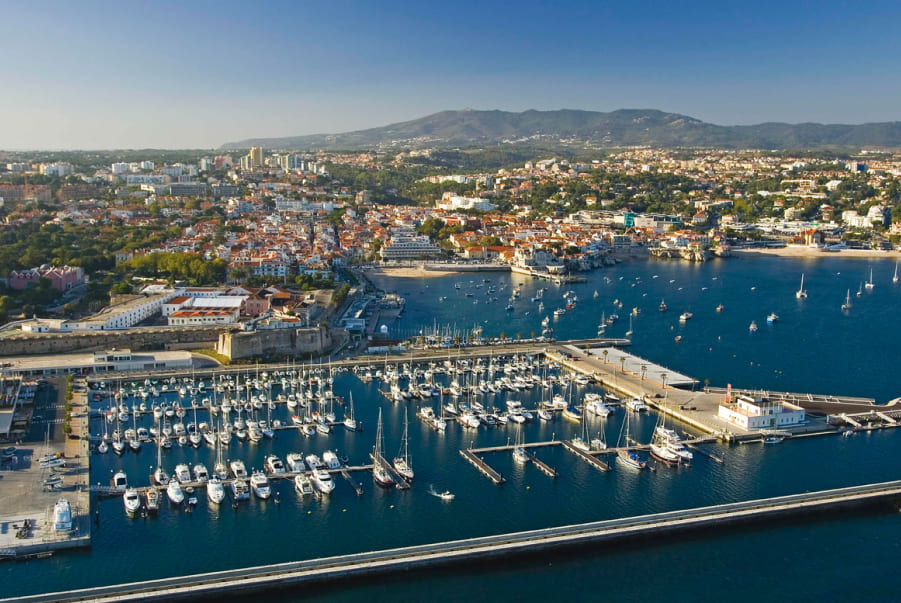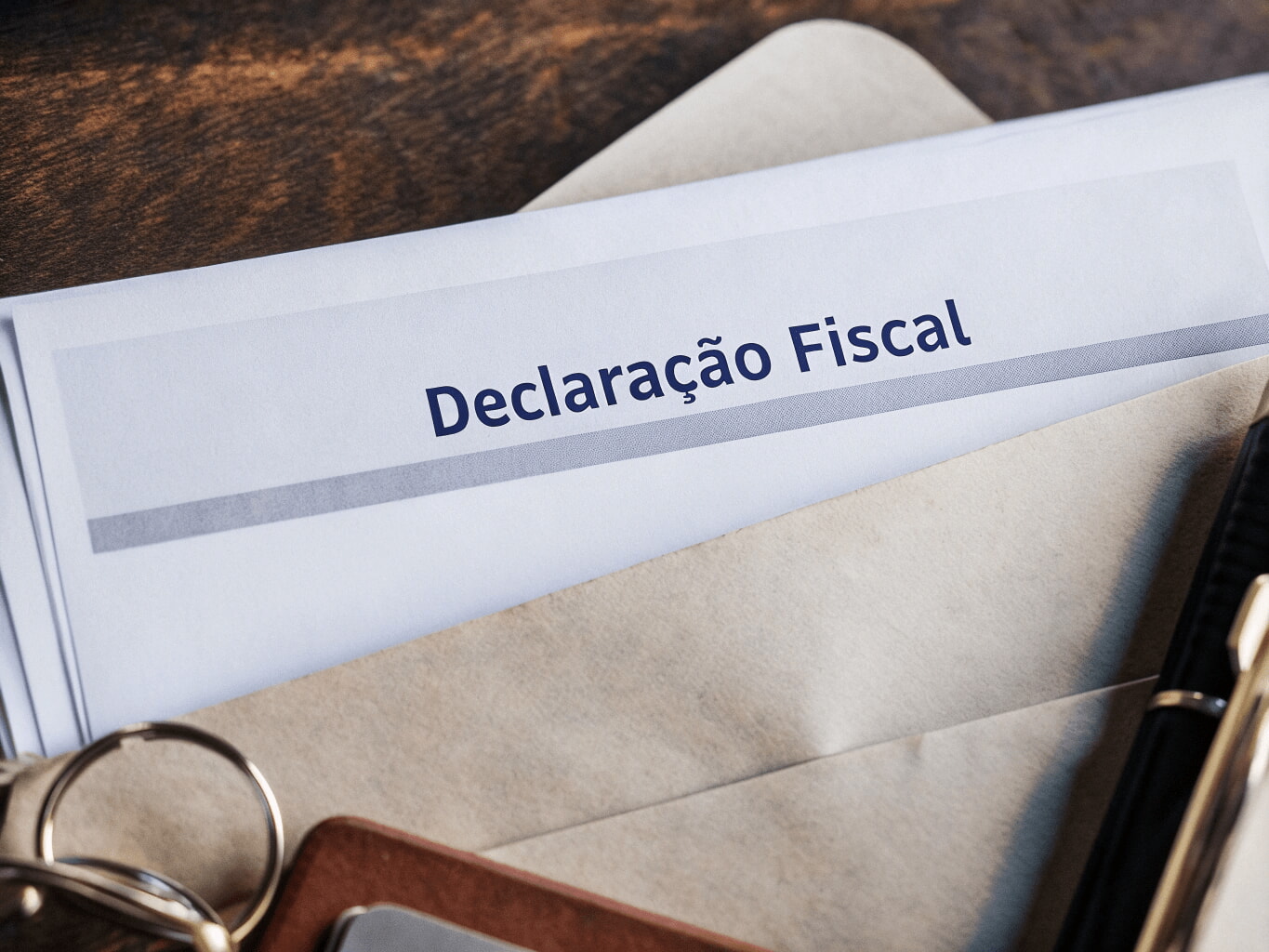Tax consultant in Portugal
Our accountant will share all the details regarding tax system in Portugal.
Our accountant will share all the details regarding tax system in Portugal.

Portugal is known for its stunning scenery, rich culture, and friendly locals. However, for expats considering a move to this beautiful country, understanding its tax system is essential. Integrating into the Portuguese tax system can be a daunting task. In this article, we will look at the specifics of Portugal's tax system, highlight important nuances for expats, discuss the importance of working with a tax advisor, outline the taxes you should be aware of, and provide tips on how to choose the right tax advisor in Portugal for your needs.

Portugal has a unique, complex, and comprehensive tax system with different types of taxes at both national and municipal levels. In Portugal, there are taxes such as income tax, VAT, property tax, wealth tax, inheritance tax, etc. Each of these taxes has its own set of rules and rates, so expats need to have a clear understanding of how the system works. Doing this on your own is difficult, but a tax advisor in Portugal can help you understand all the taxes and nuances that apply specifically to your situation. Below, we will look at the general principles and concepts of the Portuguese tax system.
Portuguese tax residency status is crucial as it affects your tax obligations. It is not enough to have an NIF and, despite current legislation, to live in the country permanently or for more than 183 days per year to become a tax resident in Portugal. You can learn all these subtleties from our specialist during a tax consultation in Portugal.
In matters of becoming a tax resident, the Portuguese tax office is very particular. If you do not yet have a residence permit, company, or self-employment status to register you for tax purposes it asks you to provide the following documents:

NHR status is a special tax regime for new residents that provides significant tax benefits, including a flat income tax rate of 20% on certain income in Portugal and exemption from taxes on foreign income for ten years. Starting from 2024 the ability to request NHR status for new residents is blocked. This decision is not final, it is possible that the Portuguese government will bring back the NHR as early as next year. In some cases, the tax office makes concessions and allows the application of this regime. Our tax consultant in Portugal will help you understand the application of NHR in more detail.
To manage your finances effectively, you need to understand what taxes exist in Portugal. Of course, everyone's situation is different, and it is best to get tax advice in Portugal tailored to your situation. Below, we will look at the main types of taxes in Portugal.
Income tax in Portugal is progressive, with rates ranging from 14.5% to 48%. The exact rate depends on the country of your permanent and temporary residence, the level of your income, and the country of origin. You can find out more about all the factors affecting the rate in consultation with an international tax advisor in Portugal.
Income tax is divided into personal income tax and corporate income tax. Let's understand each of them.
Portuguese residents are subject to the IRS (Imposto sobre o Rendimento das Pessoas Singulares) personal income tax, which levies tax on worldwide income. Non-residents, on the other hand, are only taxed on income earned in Portugal.
Business operating in Portugal should pay IRC (Imposto sobre o Rendimento das Pessoas Coletivas), which is based on company profits. The rate and obligation depend on the size of the company and its revenues.

Value Added Tax - VAT or IVA (Imposto sobre Valor Acrescentado) in Portugal is a tax that applies to most goods and services. Understanding VAT rates and exemptions is critical for both consumers and businesses. If you are going to provide services in Portugal consultation with our tax advisor is an opportunity to not only understand the issue but possibly save a substantial amount of money.
When choosing a property to buy in Portugal, do not forget to get a tax consultation. Buying a property in Portugal, you need to be aware of such taxes as IMI (Imposto Municipal sobre Imóveis - municipal property tax) and AIMI (Adicional ao Imposto Municipal sobre Imóveis - additional municipal property tax), also called wealth tax. This tax applies to real estate worth more than 600,000 euros and is levied on both individuals and companies that own expensive real estate.
Inheritance and gift taxes in Portugal are relatively low compared to other European countries. They generally apply only to assets located in Portugal. It can be minimized through careful planning, which an international tax advisor in Portugal can help you with.
Some services can be challenging to handle on your own. Trust our team of professionals to guide you through every step.
The tax year in Portugal coincides with the calendar year and tax returns must be filed between April 1 and June 30 of the following year.
When filing your tax return, you'll need various documents, including proof of income, residency, and the many deductions and exemptions you claim.
Double tax treaties are important for expats, as they help avoid double taxation of the same income. Portugal has signed Double Taxation Agreements with over 70 countries, including the US, UK, Canada, and Australia. These treaties guide the taxation of cross-border income. Business owners will also benefit from clarification on Portuguese VAT. Which can be obtained during a consultation with a tax advisor
As in many other countries, it is possible to reduce the amount of taxes paid through tax deductions in Portugal. Tax deductions can be personal or corporate.
Personal deductions include health, education, and housing expenses. Proper documentation of these expenses can significantly reduce your taxable income.
Business owners can deduct business-related expenses such as payroll, rent, and utilities, which helps reduce their tax burden.

Without sufficient knowledge and experience, it is quite easy to overpay and incur fines and penalties. Expats often face problems such as language barriers, lack of understanding of local tax laws, and bureaucracy.
To overcome these difficulties there are two ways:
Now that we have a general understanding of how the tax system works, let's look at the benefits of hiring a tax advisor.
Tax consultants are experts in the field, with in-depth knowledge of Portuguese tax laws and regulations. They stay up to date with the latest developments, ensuring compliance with legislation and optimal tax strategies.
Managing taxes is time-consuming. A tax advisor takes this burden off your shoulders, allowing you to focus on other important aspects of your life or business.
Filling out paperwork incorrectly and missing deadlines can result in hefty penalties. A tax advisor ensures that your taxes are filed correctly and on time to avoid penalties.
Not all tax consultants are the same. Since Portugal is attracting a lot of interest from foreigners, there are a lot of advisors specializing in international taxation. When choosing a tax advisor in Portugal, make sure that your tax advisor has the necessary qualifications and extensive experience with taxes both in Portugal and abroad.
Look for a tax advisor with expat-specific tax experience, good references, and a clear understanding of local and international tax laws.
Understanding the Portuguese tax system is essential for expats to avoid pitfalls and take full advantage of the benefits available.
Hiring a tax advisor in Portugal is a smart move for those facing the complexities of the local tax system. Tax advisors offer expertise, save you time, and help you avoid costly mistakes.
Whether you are an individual or a company, a tax advisor can provide you with personalized advice and ensure that you are compliant with all your tax obligations.

Taxes are always complicated. If you don't want to get confused and understand all the nuances, you have to spend quite a lot of time and effort. In addition, it is an additional stress, which is already enough when emigrating. Our professionals have expert knowledge and extensive experience in the field of Portuguese taxation, specialized education, and all necessary licenses and permits.
Specialists of Move to Cascais company are ready to answer any questions related to your tax obligations in Portugal. Whether you are planning a move and want to prepare, or you are already in Portugal and the issue of tax management has moved from theoretical to practical.
Time is the most valuable resource. Our tax consultants will help you save it and spend it on more pleasant moments than learning all the intricacies of Portuguese tax law.
No, it is not mandatory, but highly recommended, especially if you have complex tax situations or are unfamiliar with Portuguese tax law.
A tax advisor should have appropriate qualifications, such as a degree in accounting or finance, as well as certifications from recognized professional organizations.
Yes, many tax advisors specialize in international taxation and can help with cross-border taxation and offshore structuring issues.
The fee depends on the experience of the consultant and the complexity of your tax situation. Fees can range from €50 to €300 per hour.
Bring your income tax returns, tax returns, property documents, and any other documents relating to your income and expenses. Your tax consultant will provide you with more details about all the necessary documents for your specific situation.

Postponing a free life for later is like stealing from yourself. We do not choose where we were born, but we can choose where and how we live! That kind of freedom is great, right?
We share the stories of moving and tell you why you can and should live in a beautiful, friendly, cozy and very cheerful Portugal!
Portugal and support throughout the process of child immigration lawyer. Guarantor, registration and other necessary things to start.

Don’t miss the opportunity to start your new life in beautiful Portugal
Apply now and our team of professionals will help you with the move, paperwork and provide all the necessary information.
Portugal's D3 visa and Article 90.2 aim to attract educated professionals by requiring a higher education diploma with an apostille and a job in a Portuguese company paying at least 1.5 times the national average salary (€2,000 in 2025).
The D7 visa is tailored for individuals with a stable passive income of at least €1000 monthly after taxes and a minimum of €9120 in savings per person, facilitating a residence permit for 2 years, extendable for 3 more. After 5 years, it offers a path to permanent residency or citizenship.
Digital Nomad visa is issued to people who work remotely and get an income of more than €3480 per month. This is a long-term visa that leads to a residence permit. The Portuguese Consulate processes the visa application within 90 days.
A startup visa in Portugal (Article 89.4) is an easy way to move here with a team of colleagues, even if you just have an idea for a startup.